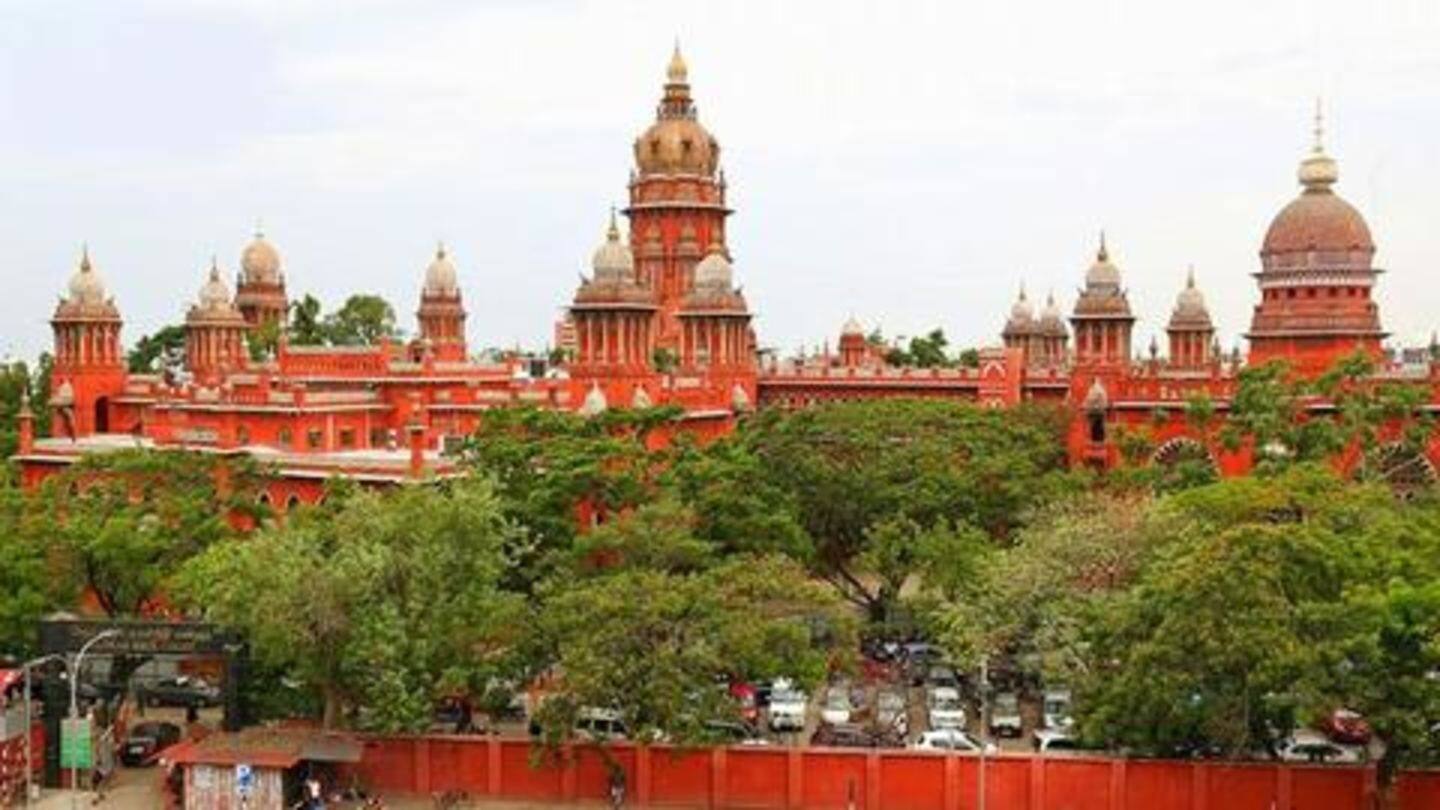
Madras HC issues notice to Center on 10% EWS quota
What's the story
Just days after Dravida Munnetra Kazhagam (DMK) organizing secretary RS Bharathi filed a writ petition challenging the recently-approved 10% economically weak section (EWS) quota for the general category, the Madras High Court, on Monday, issued a notice to the Center about the same. The High Court has asked for a reply from the Center by February 18. Here are the details.
Details
Bharathi had moved the HC on Friday
On Friday, Bharathi had filed a petition with the High Court challenging the constitutional amendment providing 10% reservations for the general category. It wasn't the first legal challenge to the new reservations, considering that NGO Youth for Equality has also challenged the move in the Supreme Court. The NGO has alleged that the move runs contrary to the SC's principles on reservation.
Tamil Nadu
Tamil Nadu is unlikely to introduce the new reservations
While it remains to be seen what happens in the legal tussle over the issue, Tamil Nadu is unlikely to implement the 10% EWS reservation quota for the general category. The state already has 69% reservations owing to a special provision, and both the AIADMK and the DMK are opposed to implementing the new reservations.
Do you know?
How come Tamil Nadu has 69% reservation?
There is 69% reservation in Tamil Nadu owing to the Tamil Nadu Backward Classes, Scheduled Castes and Scheduled Tribes (Reservation of Seats in Educational Institutions and of appointments or posts in the Services under the State) Act, 1993, which is placed in the IX Schedule of the Constitution. It cannot be legally challenged.
Backstory
Backstory: The 10% EWS reservation quota recently became a law
To refresh your memory, a constitutional amendment was passed recently in both the Lok Sabha and the Rajya Sabha to allow for the new reservations over and above the SC mandated limit of 50% reservations. The bill was passed with resounding support in both houses of the Parliament, and subsequently, President Ram Nath Kovind approved the bill, thereby making it a law.